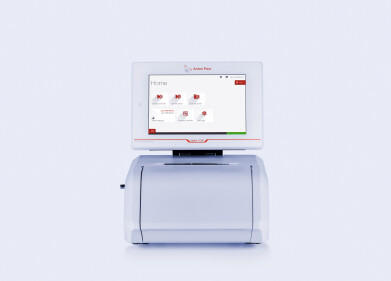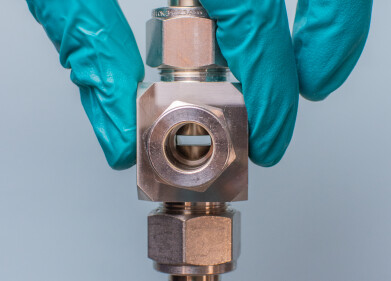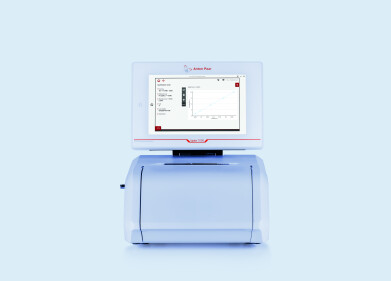Mass Spectrometry & Spectroscopy
What is a Health Passport?
May 07 2020
In the latest attempt to manage the coronavirus outbreak, the British government has announced the possible introduction of facial recognition 'health passports' that could be rolled out within months. Ministers are currently in talks with London-based technology firm Onfido, with the hope of creating a health passport system that could help Brits safely return to work.
Powered by facial biometrics, the passports will issue workers with a digital certificate indicating whether an individual has contracted and recovered from COVID-19. Also known as immunity passports, the concept is based on the idea that the body develops immunity to the virus after recovery. Ministers say the passports could play an important role in helping the British economy recover from the coronavirus outbreak and return to some form of normalcy after lockdown restrictions are lifted.
Harnessing facial biometrics technology
Prior to the COVID-19 pandemic, Onfido specialised in using facial biometrics to verify identities. The concept is currently used by companies such as Apple to unlock smartphones and American car-sharing company Zipcar to unlock vehicles. Now, the firm is working in conjunction with the British government to transform the technology into a potentially lifesaving public health tool. While the project is still in the discovery stage, the idea of digital health passports is gaining momentum.
As well as establishing a digital identity using a selfie and a photograph of government-issued identification such as a driver’s licence or passport, an individual's coronavirus status would also be stored online. Upon arrival at work, scanners would be used to verify identity and confirm whether an individual has an immunity passport.
WHO warns on the dangers of assumed immunity
Of course, the concept of health passports is limited by the fact that developing immunity to COVID-19 is not yet confirmed. While it is possible, some studies suggest that COVID-19 can be contracted twice, rendering the concept of immunity invalid. The idea of health passports has also been criticised by the World Health Organisation (WHO), with experts warning there is no hard evidence recovered patients are immune to a second wave of infection.
“At this point in the pandemic, there is not enough evidence about the effectiveness of antibody-mediated immunity to guarantee the accuracy of an ‘immunity passport’ or ‘risk-free certificate’,” reads a scientific briefing note issued by WHO.
From using facial biometrics to manage viral outbreaks, to testing for illegal narcotics, technology is at the heart of modern science. To find out more about the latest lab-based spectroscopy systems, head to 'Using Benchtop NMR to identify the unknown in forensic drug testing.'
Digital Edition
Lab Asia 31.6 Dec 2024
December 2024
Chromatography Articles - Sustainable chromatography: Embracing software for greener methods Mass Spectrometry & Spectroscopy Articles - Solving industry challenges for phosphorus containi...
View all digital editions
Events
Jan 22 2025 Tokyo, Japan
Jan 22 2025 Birmingham, UK
Jan 25 2025 San Diego, CA, USA
Jan 27 2025 Dubai, UAE
Jan 29 2025 Tokyo, Japan



















